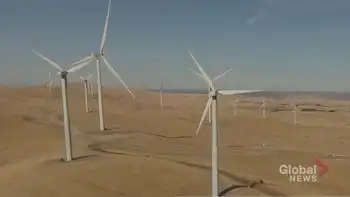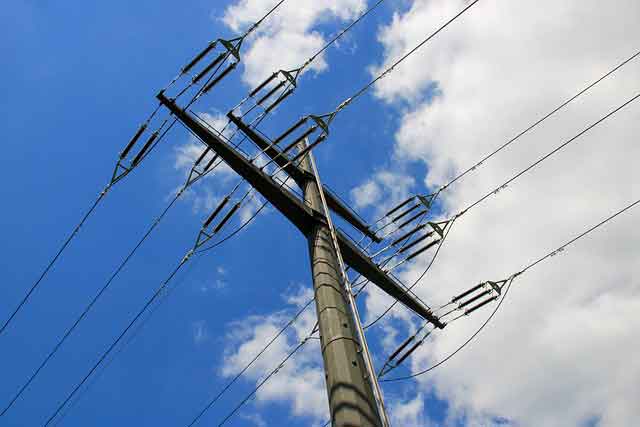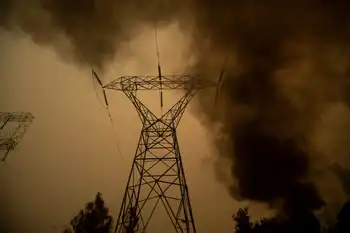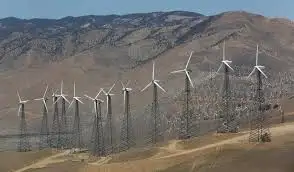Are EVs a viable option in Canada?
By Calgary Sun
Protective Relay Training - Basic
Our customized live online or in‑person group training can be delivered to your staff at your location.

- Live Online
- 12 hours Instructor-led
- Group Training Available
That forecast must have Ontarians questioning whether buying an electric car is a good idea.
But there are other questions all Canadians would be wise to ask about electric cars, and the electricity needed to power them. LetÂ’s put those questions into perspective.
Will there be enough electricity?
Even the staggering electricity rate increases announced by Ontario would not generate nearly enough power to handle a large auto-recharge load, nor could already stretched power grids handle it, either. Hydro-Québec recently said its distribution grid could accommodate a meagre 1,000 car plug-ins.
In other provinces, costly retooling of power generation, mainline transmission and local distribution grids would be required.
WonÂ’t wind and solar generate a lot of the power needed for electric cars?
Wind and solar generate less than 1 of CanadaÂ’s power supply, and most provinces have subsidies aimed at increasing that portion.
The most spectacular example of the skyrocketing cost of subsidies can be seen in Ontario, where the Liberal government forces consumers to pay 16 times as much for solar power and three times more for wind, as the current average electricity rate.
OntarioÂ’s 20-year plan calls for $23 billion in subsidies to the wind and solar industry, supposedly allowing coal-fired power to be phased out.
But its own numbers show that with wind and solar capacity available less than 30 of the time, these costly projects still wonÂ’t bring about the end of coal.
Are electric cars “green”?
That depends on how the electricity is generated. Water generates most of the electricity in Newfoundland, Quebec, Manitoba and B.C., while Alberta and Saskatchewan generate nearly all power from coal and natural gas.
Over all, about 75 of Canada’s electricity comes from water and nuclear power, and 25 from fossil fuels. When measured by fossil-fuel emissions, use of electric cars in Canada can generally be considered green. The situation is the reverse in the U.S., where fossil fuels — mainly coal —generate 75 of electricity. Operating an electric car there would account for more fossil-fuel emissions than a conventional gas-powered vehicle thus making GM’s Chevy Volt a tougher sell to eco-conscious consumers.
Are electric cars practical in Canada?
Besides their high price tag, limited range and the inconvenience of long charging cycles, thereÂ’s another factor even the greenest of Canadians need to consider before buying an electric car: Our northern climate. Anyone who has had trouble starting a car in cold weather knows battery performance plummets with temperature.
In our dark, cold winters, we also need battery power to heat the car and run headlights.
The combined result is a much shorter driving range than theyÂ’ll be touting in the electric-car showroom.
The green-car race is imploding as beleaguered citizens, struggling to deal with tough economies, see electricity rates soar and expensive wind and solar power missing in action when most needed.
U.S. Energy Secretary Steven Chu reveals development of an electric-car battery to be competitive with the internal combustion engine might be five years away.
“The storage capacity of electric car batteries needs to be increased by six or seven times, their lives need to be extended by 15 years, and their cost needs to be reduced by a factor of three,” he said at the UN climate conference in Cancun, Mexico.











